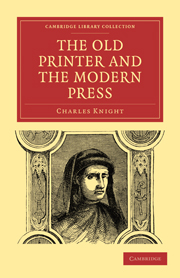Summary
It is difficult to point out a direct practical remedy for much that is injurious in our cheapest popular literature; and especially any remedy that could be supplied by the State. We cannot cure folly by enactments, however we may try to repress crime. “These things will be, and must be; but how they shall be least hurtful, how least enticing, herein consists the grave and governing wisdom of a State. To sequester out of the world into Atlantic and Utopian policies, which never can be drawn into use, will not mend our condition, but to ordain wisely as in this world of evil, in the midst whereof God hath placed us unavoidably.”
This noble sentence, from Milton's ‘Speech for the Liberty of Unlicensed Printing,’ suggests some remarks which, however painful to utter, no one who thinks honestly upon the subject of popular enlightenment can disguise. There is no “grave and governing wisdom” in the English State—there is no desire “to ordain wisely”—in any matter connected with the educational advancement of the people. The greatest discouragement in the first stage,—the most niggardly support in the second,—have been given to the education of the young. With the exception of Schools of Design, which, however useful, have a very limited object, the education of the adult has been retarded by every possible legislative effort, direct or indirect.
- Type
- Chapter
- Information
- The Old Printer and the Modern Press , pp. 303 - 314Publisher: Cambridge University PressPrint publication year: 2010First published in: 1854

